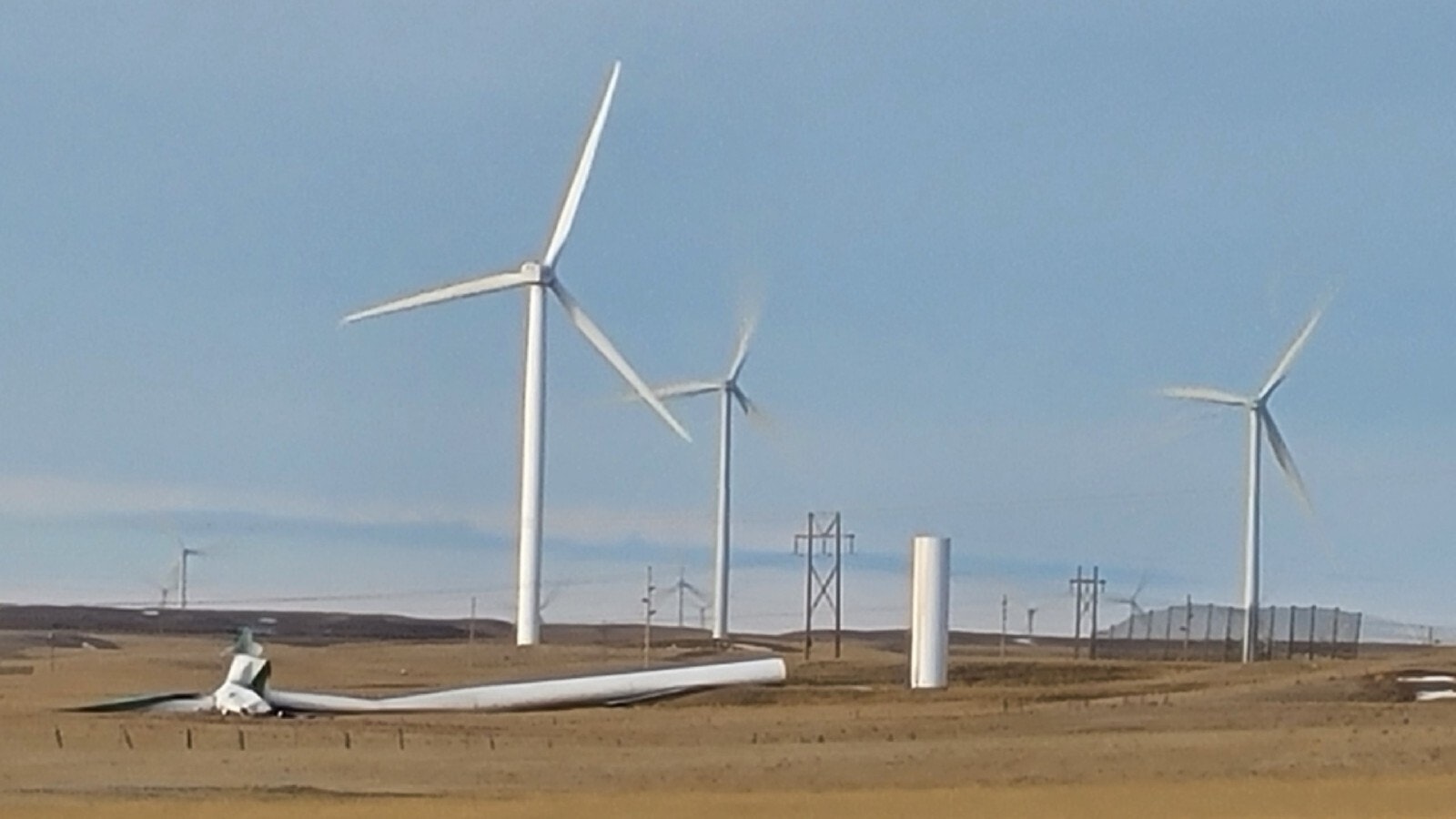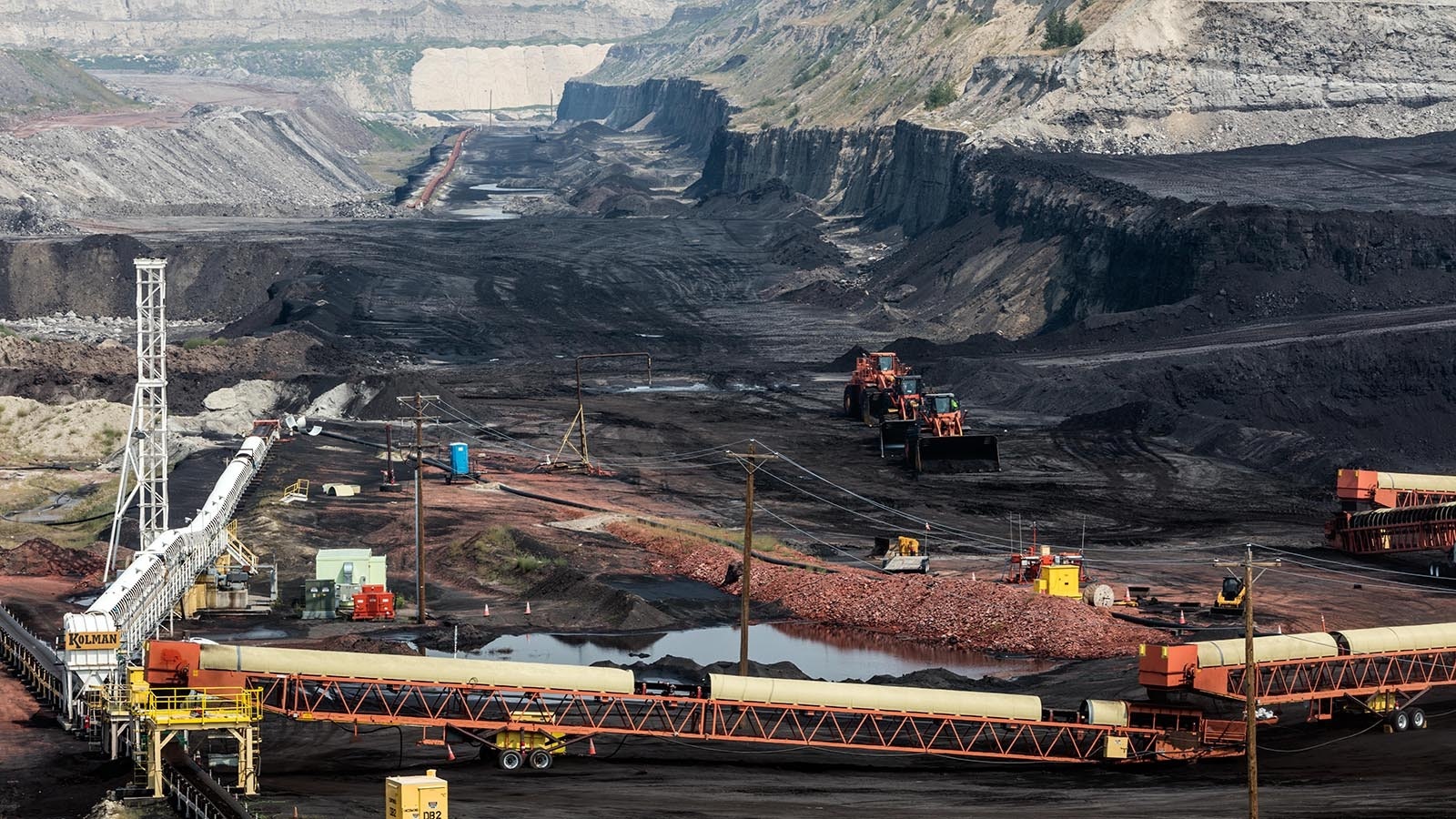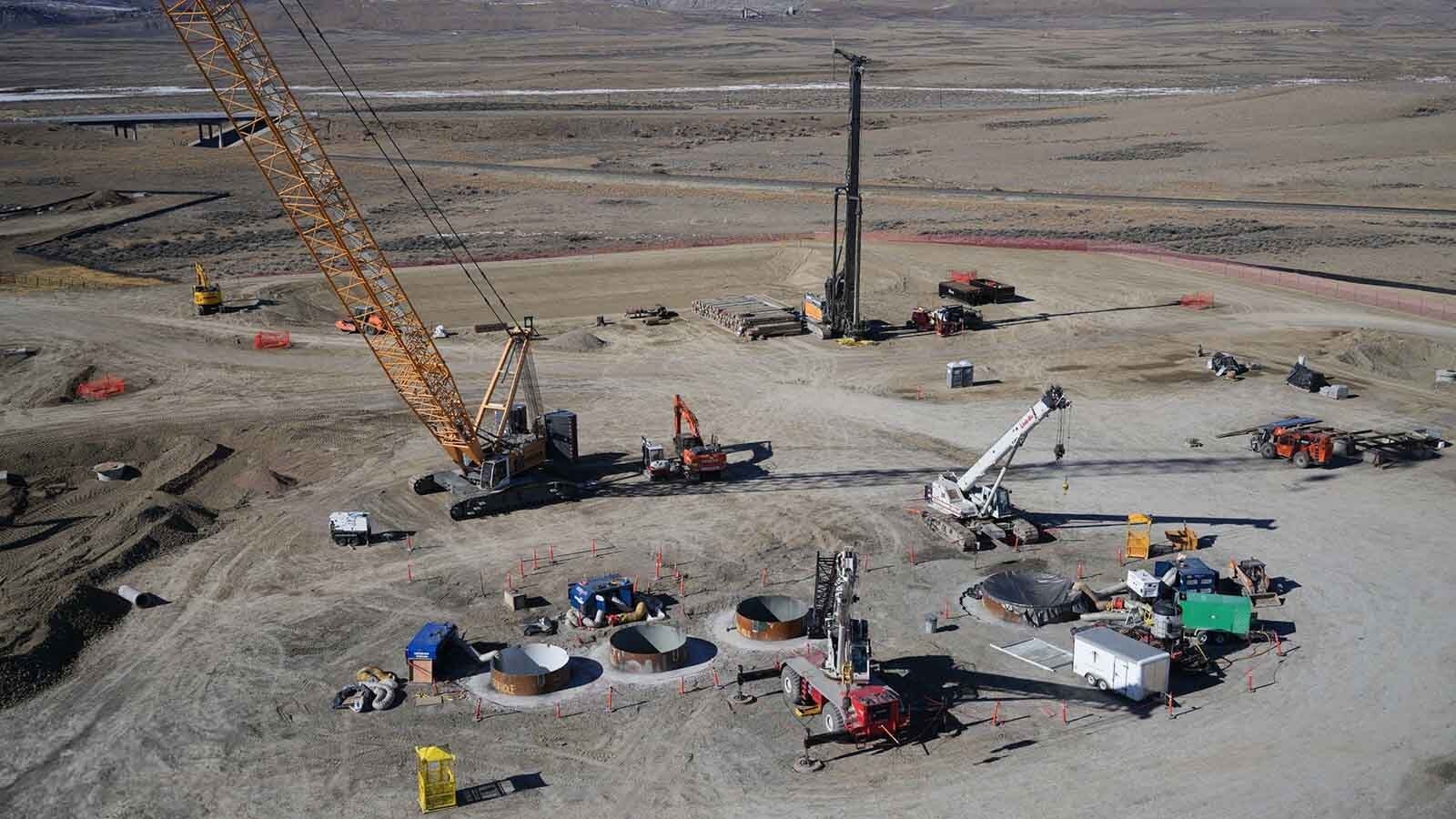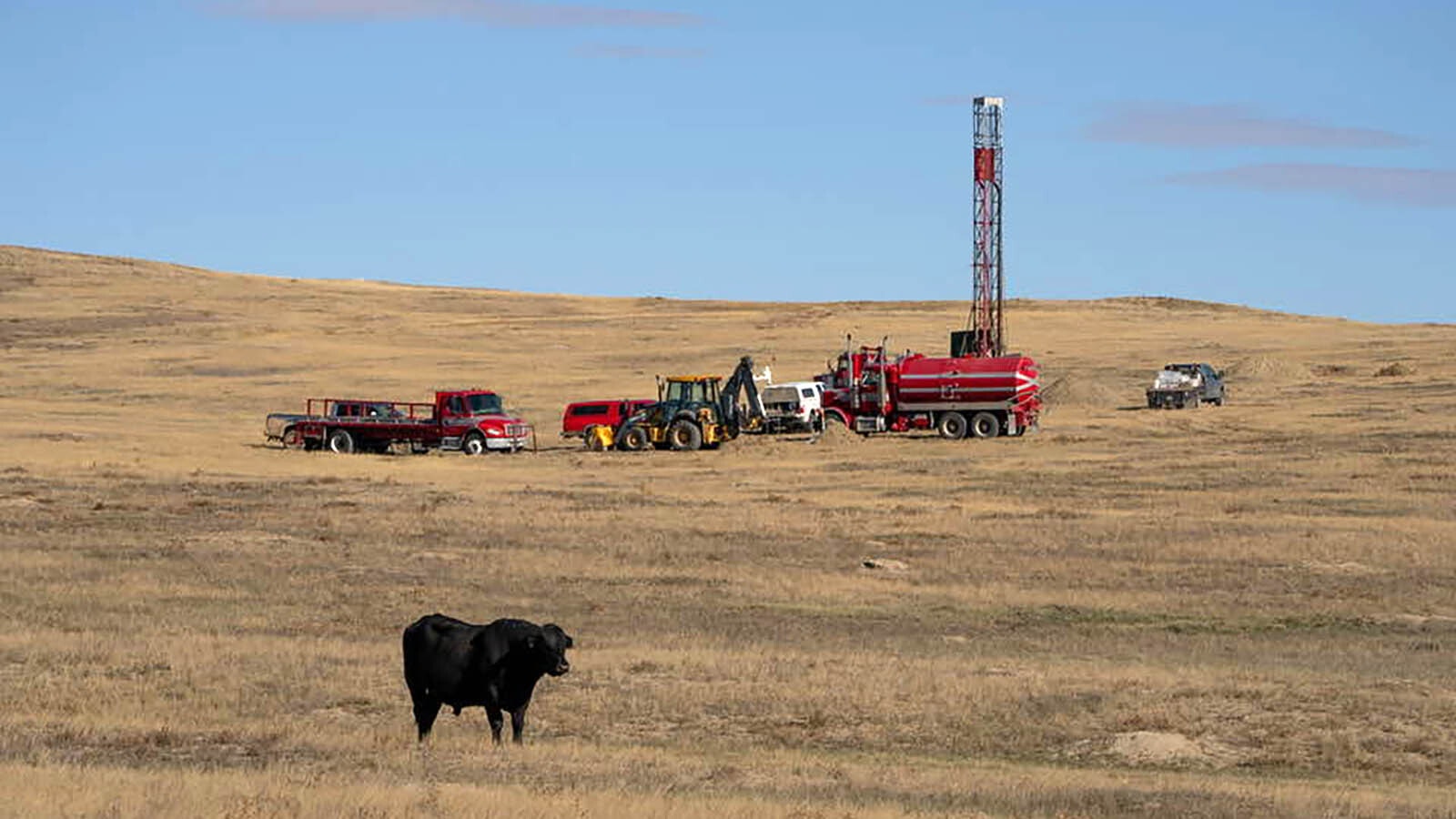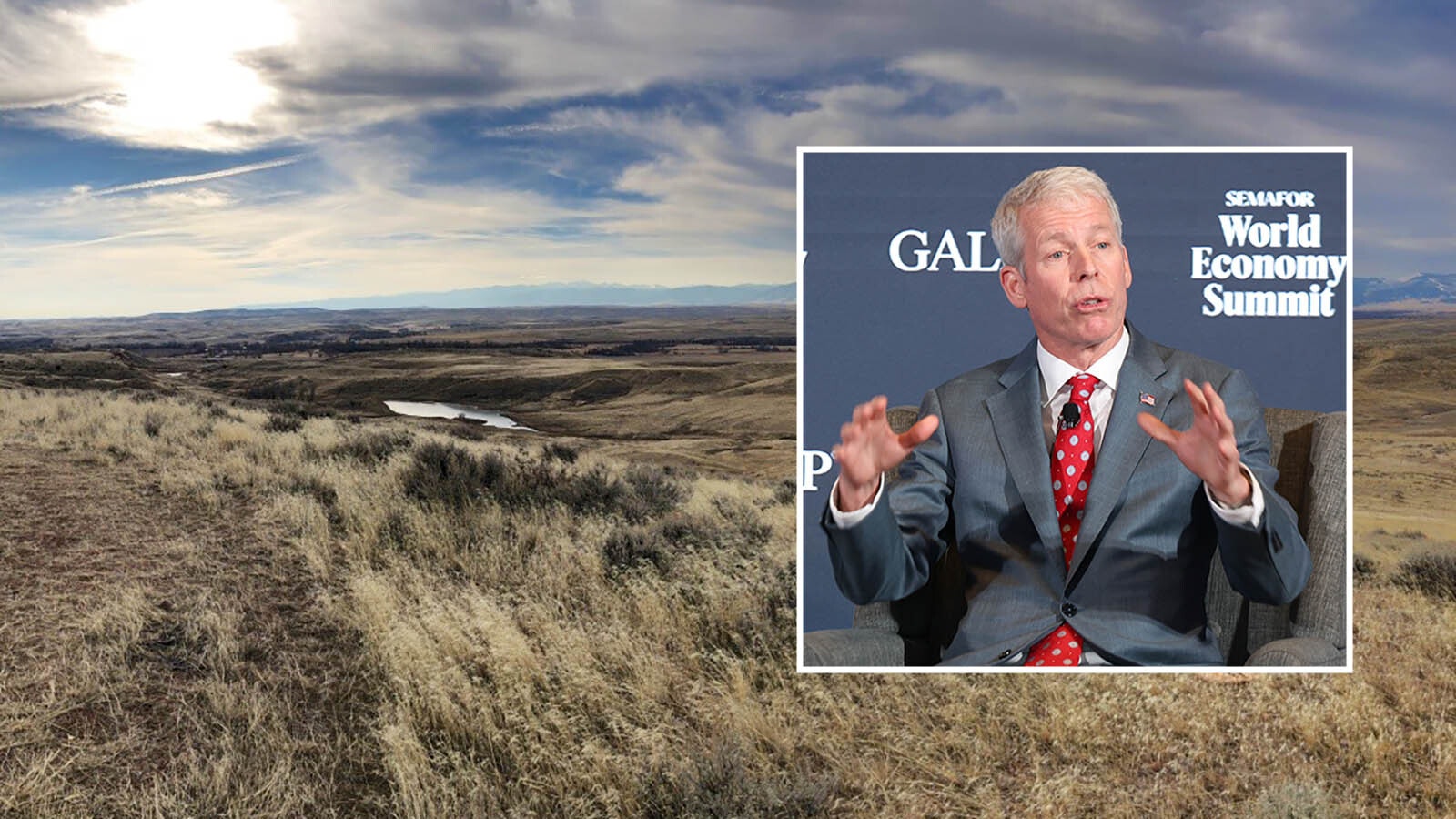A Sierra Club report that gives a pair of power producers in Wyoming failing grades for their commitment to climate change efforts is politically motivated and doesn’t jibe with reality, says a leading climate change journalist and author.
The report’s conclusion that replacing fossil fuels with wind and solar is more affordable and reliable also is suspect, said journalist Michael Shellenberger, author of “Apocalypse Never.” He told Cowboy State Daily that the reality of such policies in play in California and Europe don’t support the Sierra Club’s conclusions.
“If solar and wind are so much cheaper than electricity, why did the Sierra Club lobby Congress for $370 billion in subsidies for solar wind and other renewables? They can’t have it both ways,” Shellenberger said.
California has the second-highest electricity rates in the country after Hawaii, and Germany’s energy costs are so high it’s at risk of losing its major industries, which Shellenberger said is a result of an overreliance on wind and solar. Across Europe, the energy crisis is dire, he said.
“People are going to be cold this winter. They’re [Europeans] burning wood and garbage to stay warm. They’re logging their old growth forests in Europe, for wood. People in Denmark are stealing wood from each other because they’re so desperate to stay warm. And we’re still 70 days away from the beginning of winter. So, it’s going to get really ugly,” Shellenberger said.
The studies like those cited in the Sierra Club report rely heavily on assumptions, Shellenberger said. They’ll extrapolate global outcomes based on small-scale solar during ideal weather conditions, without factoring in the cost of dealing with intermittency or scaling up to a global level.
“So when your sources are only producing electricity for 30% to 35% of the time, and they always have to have 100% backup in the form of other power plants, they make electricity expensive,” Shellenberger said.
The Grades
The report titled “The Dirty Truth About Utility Climate Pledges” grades 77 utilities that together supply about 40% of the electricity generation in the United States on their efforts to achieve 80% clean energy production by 2030.
Among the Wyoming utilities graded are Tri-State Electric Generation and Transmission Association, which provides power to eight electric cooperatives across Wyoming, and Basin Electric Power Cooperative, which serves 10 electric cooperatives across the Cowboy State.
The report handed Tri-State a B grade, while hitting Basin Electric with an F. The report also gives Duke Energy, which has wind operations in Wyoming, an F.
“While electric utilities have pledged to reduce their greenhouse gas emissions, they have made little progress since our first report and still fall far short of what is needed to protect people and the planet,” the report says.
Unwarranted
The Sierra Club report argues the transition is necessary to avoid catastrophic outcomes caused by climate change.
“The scientific consensus is beyond doubt: In order to avoid the worst impacts of the climate crisis, we must cut global greenhouse gas emissions in half by 2030 or we will fail to limit global warming to 1.5°C,” the report says.
Shellenberger disputes these and other statements in the report about climate change.
“There’s no science showing that something happens at 1.5 degrees centigrade increase of temperatures above pre-industrial levels,” he said. “We’re at 1.1 now, and fewer people are dying of natural disasters than ever before in history. So the catastrophism is totally unwarranted.”
Needs Of Rural Wyoming
The targets of the Sierra Club and its new report are political rather than scientific.
These targets are guiding energy policy and many utilities are trying to transition to renewable sources while keeping rates low.
The report gives Tri-State high marks for its climate goals, which include a 90% carbon dioxide reduction for Colorado generation by 2030.
Lee Boughey, a Tri-State spokesperson, said the not-for-profit company is trying to balance the needs of rural customers with its goals for energy transformation.
“We set an aggressive transformation as part of our responsible energy plan. While preserving those tenants of making sure the lights can stay on and working with our members so that our rural consumers can continue to afford their power bills,” Boughey said.
The company plans to retire all its coal generation in Colorado and New Mexico by 2030. Laramie River Station in Wyoming will remain online, Boughey said.
The company also is adding 1,000 megawatts of renewable generation from eight new solar and wind projects.
Basin Electric received a low grade because it plans to keep about 15 megawatt hours annually online past 2030 and has no climate goals.
The not-for-profit generation and transmission cooperative didn’t respond to requests for comment.
Duke Energy
Duke Energy, which serves customers in the eastern U.S. and operates wind farms in Wyoming, received a solid F.
“Duke has firmly committed to retire just 18% of its coal generation by 2030 and intends to build more than 5,400 MW of new gas by 2030,” the Sierra Club says in a statement about the report. The release was highly critical of Duke’s operations.
Ben Goldey, corporate communications with Duke Energy, disputed the report’s characterization of the company as doing nothing to address climate change. Goldey said the company is on course to meet net-zero emissions from its electricity generation by 2050, and they’ve reduced emissions by 44% from 2005 levels. They expect to reach a reduction of 80% by 2040.
“We believe in a balanced pace of change and are decarbonizing as fast as we can while also maintaining affordability and reliability,” Goldey said.

